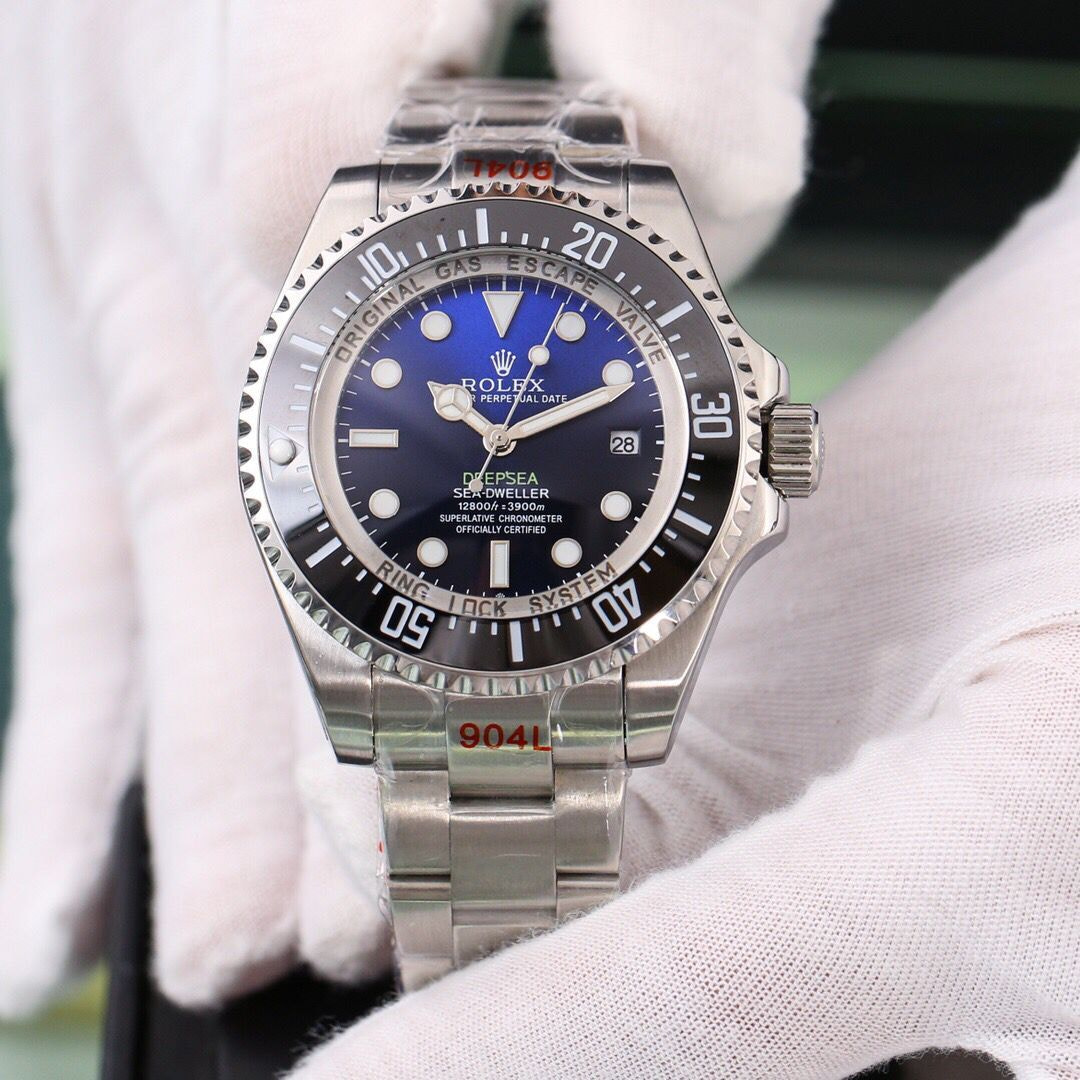Flocking to Luxury
페이지 정보
작성자 Jett 작성일25-07-21 20:03 조회2회 댓글0건관련링크
본문
 Consumers often flock to luxury products, willing to pay a high price for what they perceive as quality. However, a emerging trend has emerged - the acceptance of counterfeit markets, which have led some to establish a presence at the so-called Brand Camp. This phenomenon is characterized by an environment where consumers, often in a communal, acquire and flaunt counterfeit goods, creating a contradictory culture of support for these fake markets.
Consumers often flock to luxury products, willing to pay a high price for what they perceive as quality. However, a emerging trend has emerged - the acceptance of counterfeit markets, which have led some to establish a presence at the so-called Brand Camp. This phenomenon is characterized by an environment where consumers, often in a communal, acquire and flaunt counterfeit goods, creating a contradictory culture of support for these fake markets.At the heart of Brand Camp lies a multifaceted issue, combining economics and スーパーコピー sociology. One crucial aspect is that many consumers believe counterfeit goods offer affordability without sacrificing quality. They often perceive authentic branded products as overpriced. This attitude can be linked to the widespread notion of a disparity between supply and demand for luxury goods, where the prices of legitimate products are out of touch with the purchasing power of most consumers.
Another significant factor contributing to the popularity of Brand Camp is social interaction. In this communal setting, consumers feel a strong urge to connect with others and showcase their latest purchases. Social media platforms have also amplified the phenomenon by creating a digital space where people can share images and videos of counterfeit goods, receiving endorsements and appreciation in the process. This creates a sense of appreciation and loyalty within the group, further solidifying their loyalty to the counterfeit market.
It is also crucial to examine the psychological motivations behind why consumers at Brand Camp choose to support counterfeit markets over authentic ones. Research suggests that, in times of financial insecurity, people may turn to cheaper alternatives to feel more financially secure. Others may opt for counterfeit goods as a means of asserting their individuality, in a world dominated by conformity to high-end luxury brands.
Moreover, some may argue that Brand Camp represents a form of rebellion societal norms and expectations surrounding consumerism. The consumers attending these events do not view themselves as lawbreakers but rather as pioneers of a fresh more equitable and inclusive way of shopping, one that challenges the conventions set by luxury brands.
As consumers continue to flock to Brand Camp and other similar events, it is essential to question our perspectives towards luxury brands and the notion of authenticity and legitimacy. While it is understandable to question the legitimacy of counterfeits and the potential economic and social implications, it is also worth recognizing the underlying issues that drive consumer behavior. Addressing these underlying issues will require a more nuanced approach, taking into account the complexities of consumer culture and the psychological motivations of those participating in Brand Camp.
However, for the time being, the attractiveness of fake products remains a strong draw, with consumers embracing the counterintuitive world of Brand Camp. This phenomenon serves as a reminder that the lines between authenticity and counterfeiting are not always defined, and it is up to businesses, policymakers and consumers to find a compromise that respects the needs of brand recognition while also respecting the aspirations and needs of those at the forefront of this new trend.
댓글목록
등록된 댓글이 없습니다.